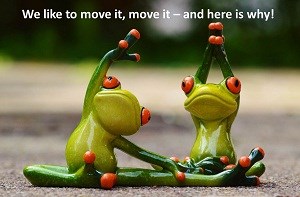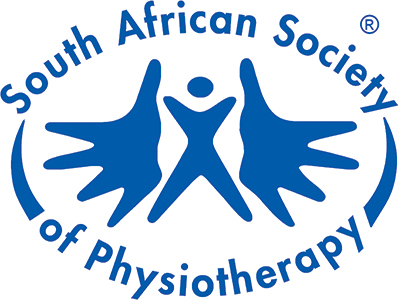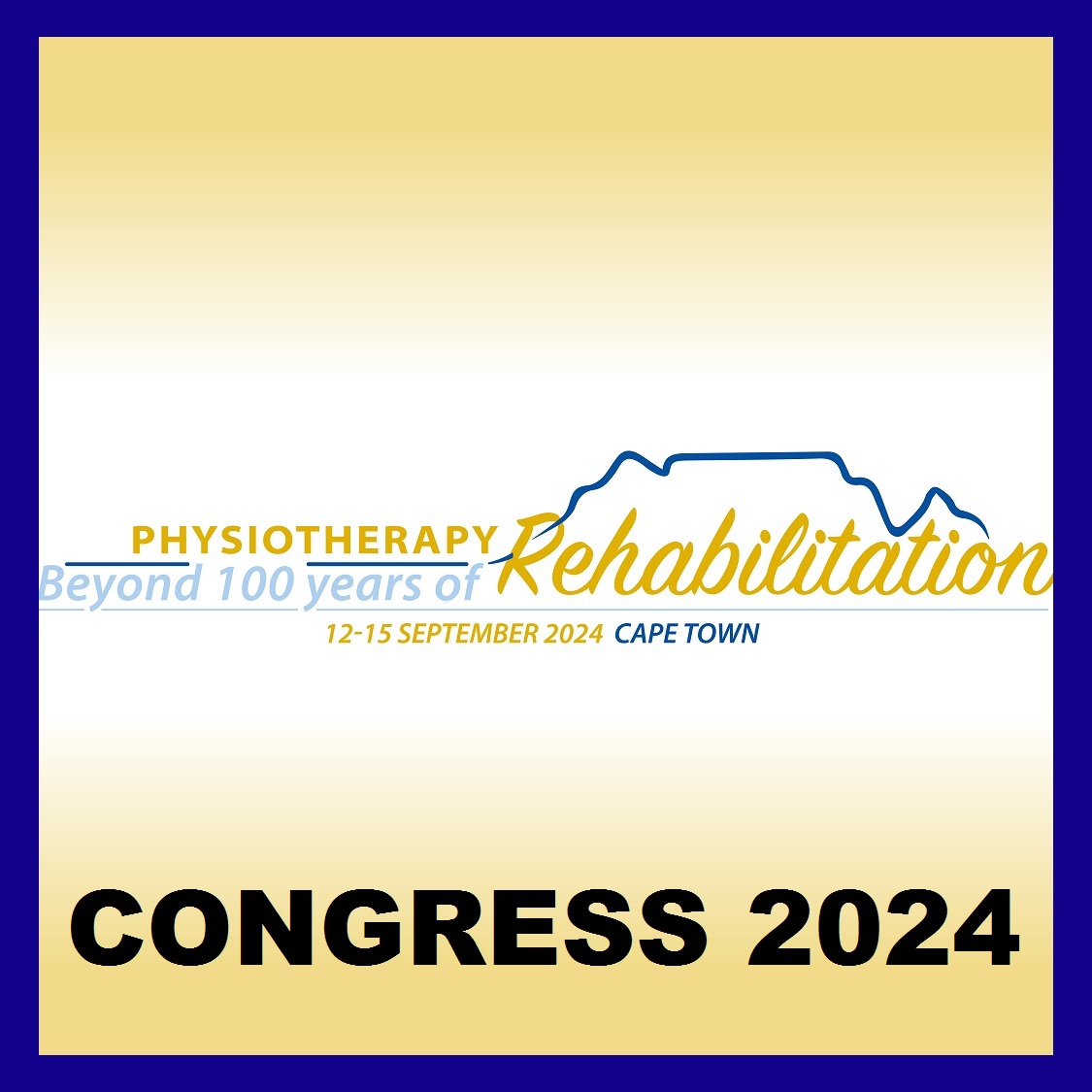
Move for your health!
On this Movement for Health Day, South Africa’s physiotherapists suggest enhancing your health by including a little more movement in everyday life.
How healthy are you – and how long will you live? The answer could lie in how much you move around every day. On world Movement for Health Day (10 May), do yourself and your body a favour, and resolve to try to be more active.
“Being active doesn’t have to mean hours in the gym or cycling or running,” says Dr Ina Diener, president of the South African Society of Physiotherapy (SASP). “It can mean simply moving more – walking around the mall rather than ordering online, gardening, pacing while talking on the phone, going round the block to buy lunch instead of ordering door-to-door delivery.”
Research published last year shows that people who do 300 minutes of what they call ‘lifestyle low-intensity physical activity’ a week fare better when it comes to important markers of health (such as inflammation factors and insulin resistance).
“We’re always told that we have to do at least 150 minutes of ‘exercise’ a week,” says Dr Diener. “But while it’s really good to run or swim or do some other fairly strenuous form of activity, it’s just as important to be physically active on a continual basis – moving around rather than staying still. Our bodies were not designed for that – yet we sit still for hours of each day, at work, at school, in front of a plasma screen at night. It’s a harsh thought, but recent research concluded that prolonged daily sitting – for more than three hours a day – is linked to 3.8 percent of deaths.”
These researchers concluded that simply sitting for fewer than three hours a day would increase life expectancy.
“…even modest reductions, such as a 10% reduction in the mean sitting time or a 30-minute absolute decrease of sitting time per day, could have an instant impact in all-cause mortality,” explained lead investigator Leandro Rezende of the University of Sao Paulo School of Medicine.
Some of the benefits of sitting less and moving more include:
• Physical activity prevents muscle and bone density loss.
• Physical activity reduces your risk of developing various cancers – inactivity ups your risk of colon cancer by 41% and breast cancer by 31%, for example.
• Physical inactivity puts you at greater risk of developing lifestyle diseases such as diabetes.
• Physical activity boosts happiness and is a good way to both prevent and treat mild depression.
• Breaking up prolonged sessions of sitting reduces blood pressure.
• Regular light intensity physical activity is good for your heart health.







